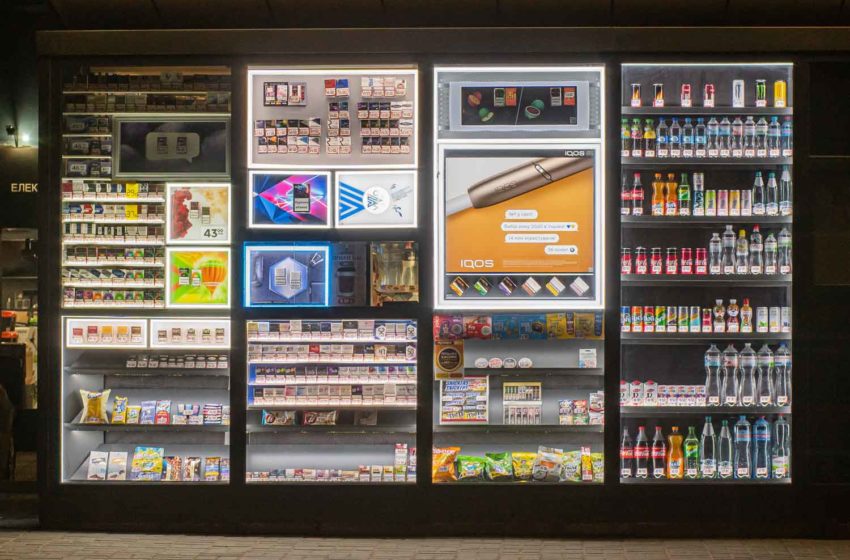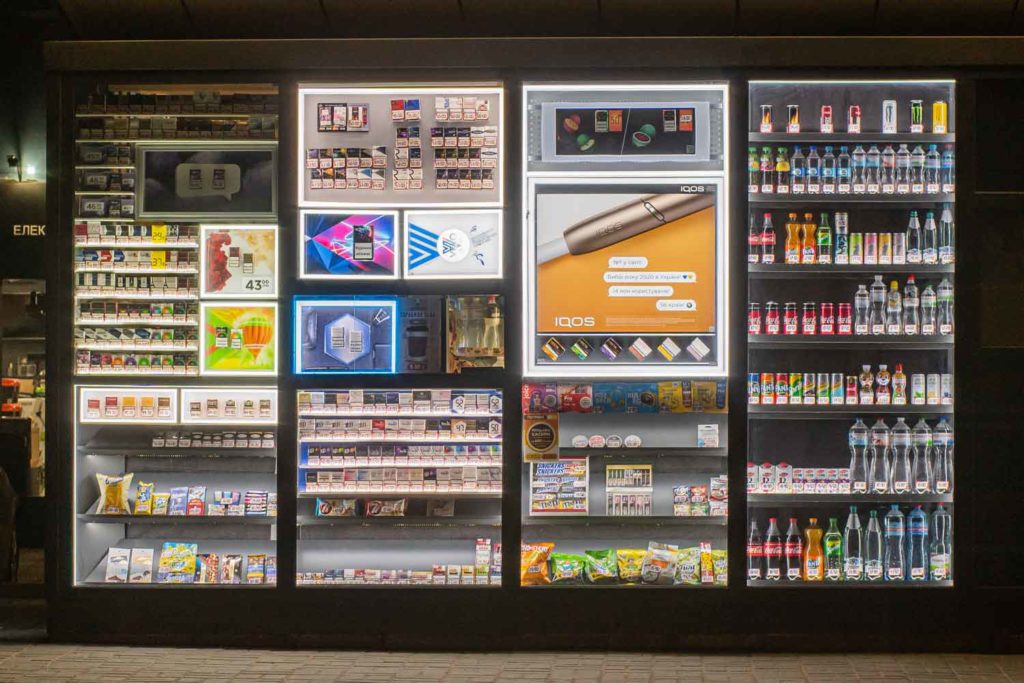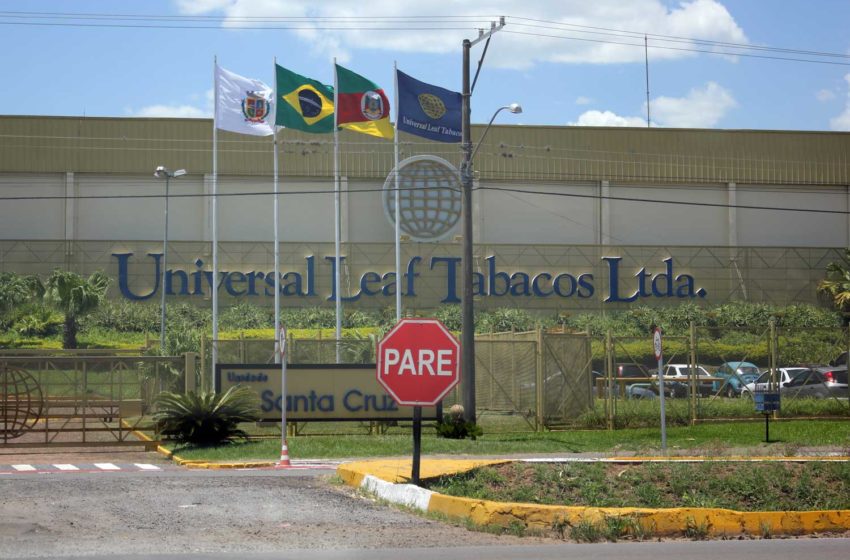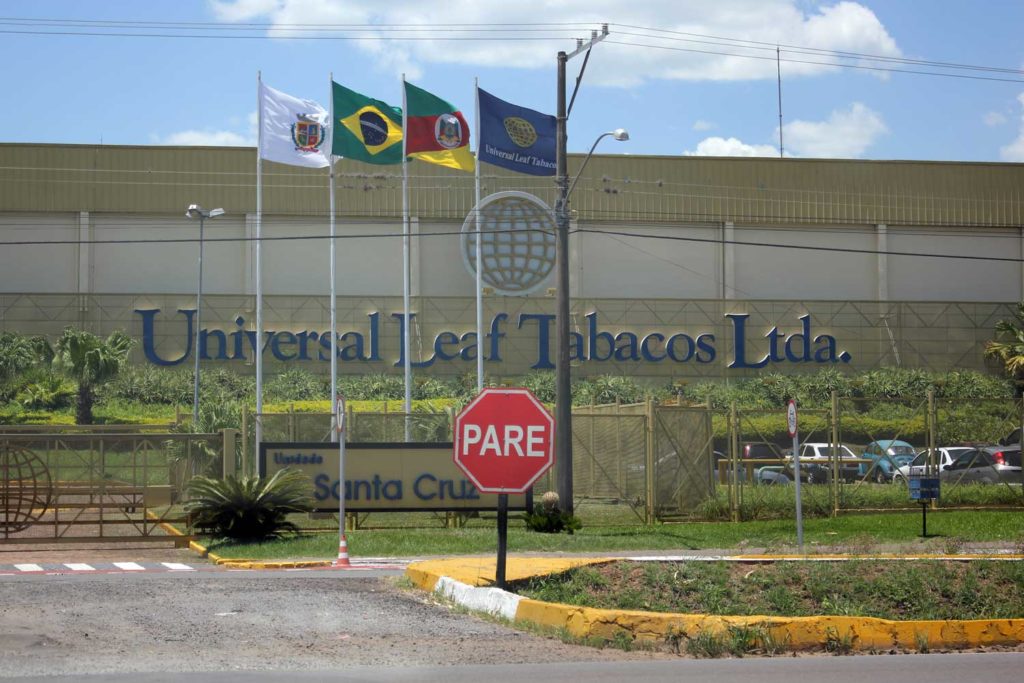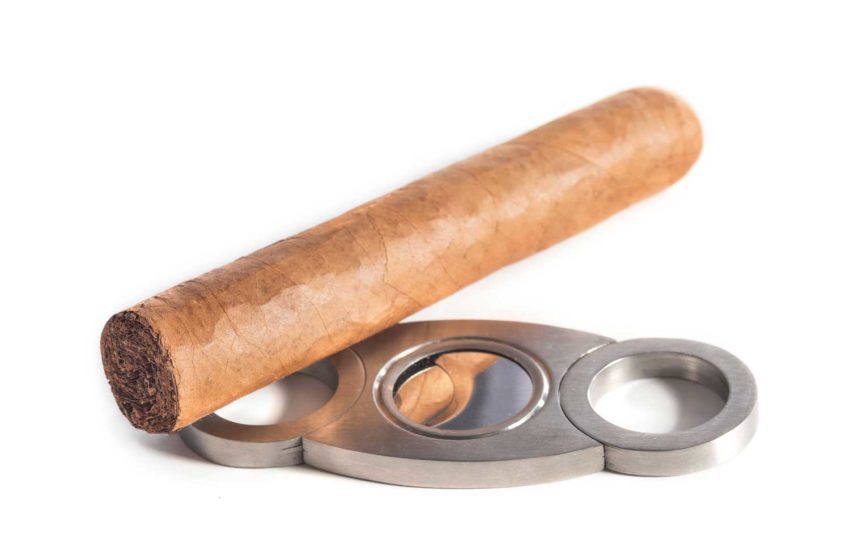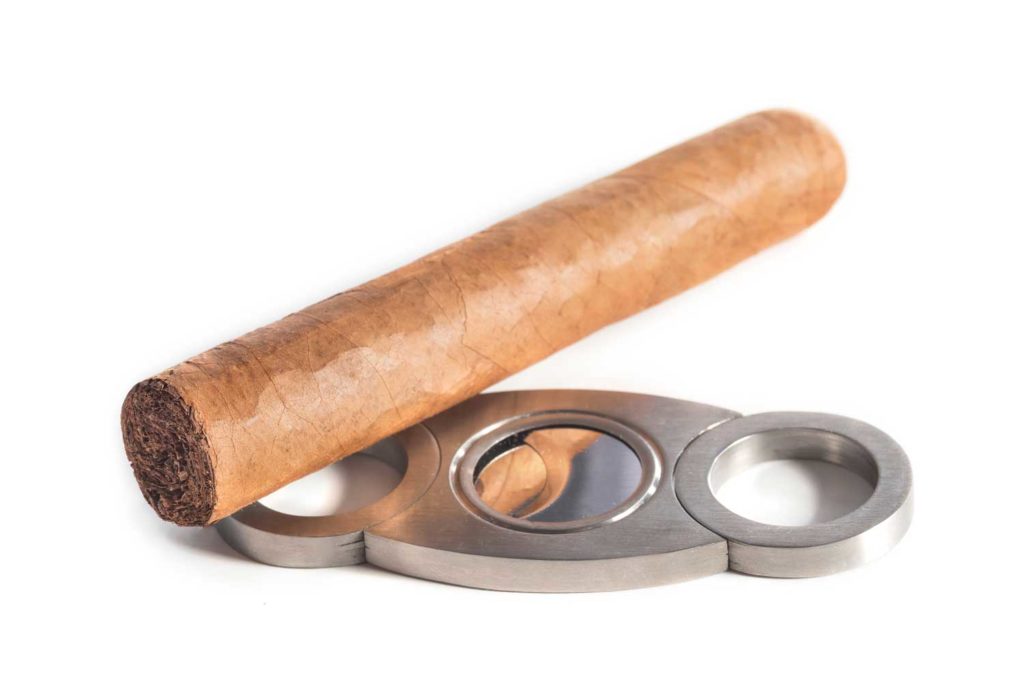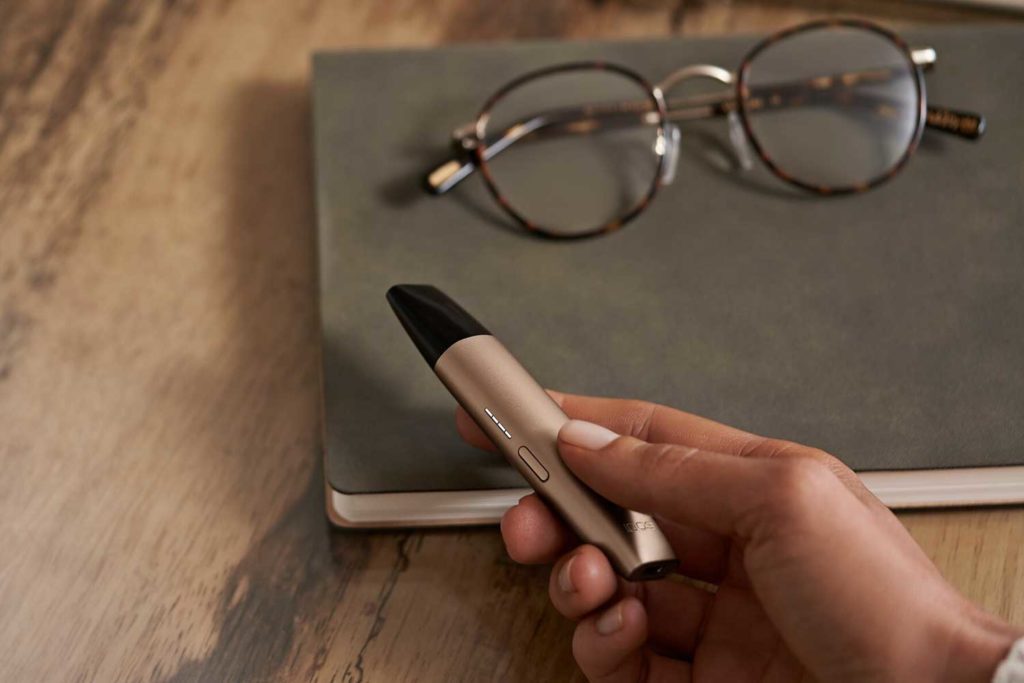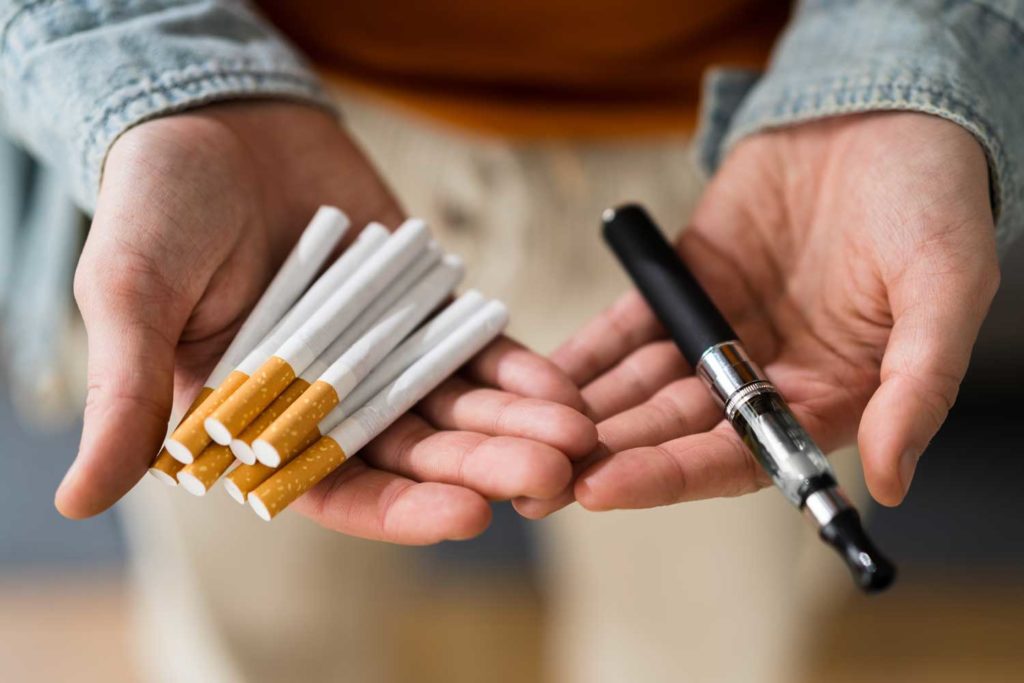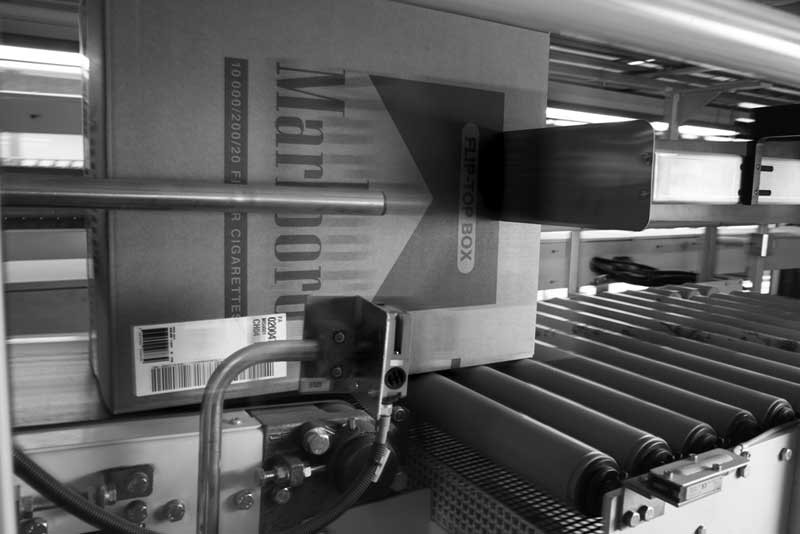
Vector Group reported revenues of $387.2 million for the second quarter of 2022, up 14.7 percent over that for the comparable 2021 quarter. Operating income was $90.71 million and net income was $39.15 million compared with operating income of $93.89 million and net income of $93.3 million in the second quarter of 2021. Tobacco contributed $374.31 million of the 2022 second-quarter revenues, with the balance coming from Vector Group’s real estate business.
“Vector Group delivered strong tobacco revenue performance in the second quarter as we capitalized on favorable market opportunities to substantially increase value and market share,” said Howard M. Lorber, president and CEO of Vector Group, in a statement. “Our price-fighting Montego brand is now our largest brand and the third-largest discount brand in the United States. This strong performance demonstrates our commitment to optimizing long-term profit through the effective management of volume, pricing and market share growth.”
According to data from Management Science Associates, the retail market share of Vector Group’s Liggett Group subsidiary increased to 5.5 percent for the second quarter of 2022 from 4.1 percent for the second quarter of 2021. For the six months ended June 30, 2022, Liggett’s retail market share increased to 5.3 percent compared to 4.1 percent for the six months ended June 30, 2021.


